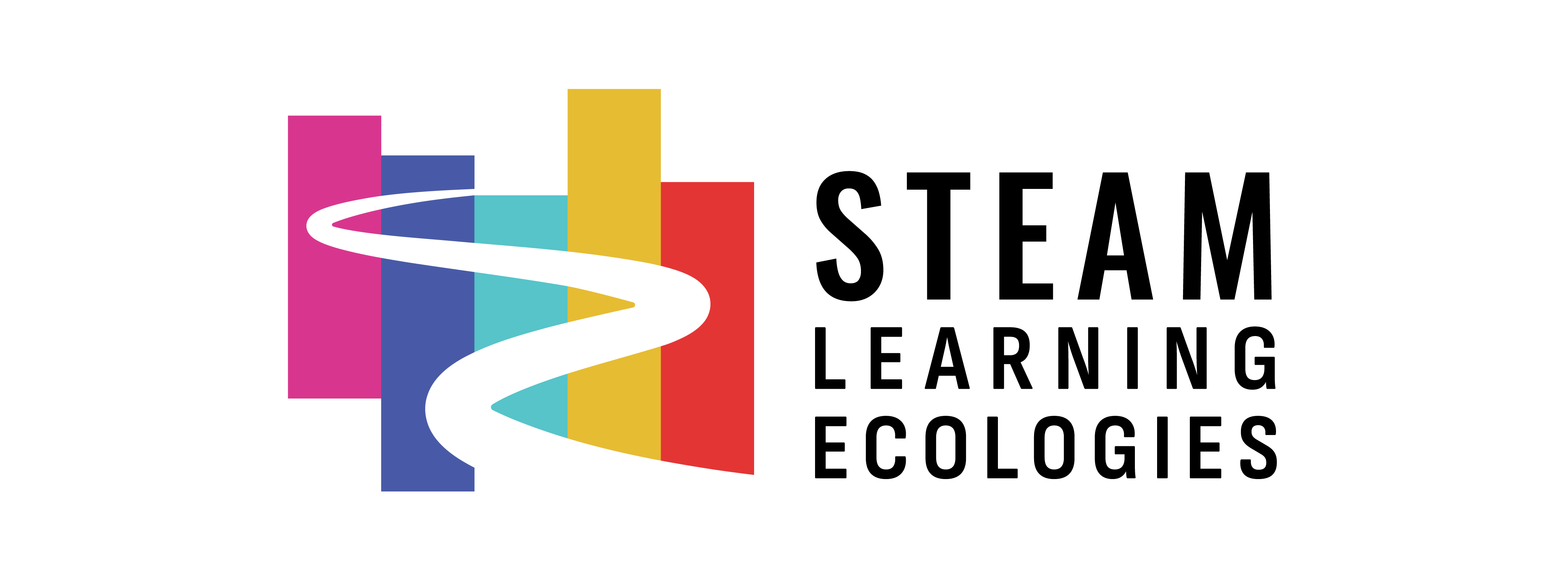The STE(A)M Learning Ecologies (SLEs) Project has made great strides in bringing open schooling to various audiences since its inception in January 2023.
The project is currently on its way to implementing learning ecologies in several countries across Europe during its pilot cycle. Coordinated by European Schoolnet, the SLEs project aims to create new STE(A)M-focused open schooling partnerships of different actors (formal, non-formal, and informal educational providers, industry partners, policy makers, and civil society) – working together on real-life problem-solving situations within local communities. SLEs promotes science education as part of local community development by providing multiple science learning opportunities for all citizens, across subjects and in different learning spaces.
Busy Beginning
After the project kick-off in January 2023, the SLEs consortium swiftly jumped into action by organizing several key workshops. These events included the Ministries of Education gathering in March, Future Classroom Lab workshops with teachers in April, the presentation of SLEs to the Career Advisers Network in May, and the workshop with various stakeholders during the School Innovation Forum in June. They played a key role in illustrating the SLEs project to a variety of actors, providing them an opportunity to conceptualize and design an SLE for their own local communities. In this process, the consortium gathered valuable feedback from the participants about the opportunities and challenges of implementing the open schooling approach in their respective countries.
SLEs White Paper and SLEs Methodology
Between March and June 2023, the SLEs team published two important documents that form the basis of the STE(A)M Learning Ecology framework that the project aims to create, test, and evaluate: the SLEs Concept White Paper and the SLEs Methodology – first version.
The SLEs Concept White Paper describes the main foundational elements on which the SLEs approach and vision are based: STEAM Education (overarching approach), Open Schooling environment (main pillar), and Living Lab approach (key practice). The Paper also puts forward the concept of learning ecologies, offering a powerful new way to envision local open schooling partnerships, and describes the driving needs, policy context, and relevant initiatives about open schooling in science education.
The SLEs Methodology is a comprehensive document presenting a methodological framework for the development of the STE(A)M Learning Ecologies. Consisting of guidelines to facilitate a co-creation process and establish partnerships, step-by-step SLEs development process, examples of successful SLEs, stakeholder engagement, this deliverable offers a wide range of theoretical and practical concepts and ideas to National Coordinators, educators, and other relevant stakeholders of the SLEs project. The SLEs Methodology also forms the basis for the SLEs Pilot cycle, and will be revised based on the feedback from the piloting phase.
SLEs Pilot Cycle
The SLEs pilot is the first cycle in the SLEs implementation, which will run in 13 different European countries between October 2023 and May 2024. The SLE pilots are co-designed by their initiators and stakeholders under the guidance of the National Coordinators (project partners). European Schoolnet will provide support and mentoring to National Coordinators and ensure the exchange of good practices and knowledge with all stakeholders. The pilot cycle will test all generic scenarios proposed by the SLEs Methodology, while the feedback and results will feed and inform the mature cycle of the SLEs implementation, and shape the next version of the SLEs Methodology document.
What’s Next?
The project is excited to continue its engagement with key SLEs stakeholders in 2024 through online and in-person events. 2024 will begin with an in-person Policy Dialogue event in Brussels in January, bringing together European and national policymakers, as well as education, research, and innovation stakeholders. This event will present science education-related policy initiatives and policy making development related to open schooling in science education, promote and discuss opportunities and blockages of the open schooling approach, raise awareness among stakeholders on the importance of science education, and validate the first project Policy Brief.
In Spring, SLEs will organize workshops and competitions in the Future Classroom Lab (FCL) STEM course week in March 2024 and the STEM Discovery Campaign 2024. As June 2024 approaches, the project looks forward to analyzing the results and lessons learned from the pilot cycle before embarking on the mature cycle of the SLEs. The mature cycle has the ambitious goal of implementing over 100 SLEs across Europe, inspiring educators, policymakers, industry professionals, and civil society to build meaningful STE(A)M Learning Ecologies that will benefit not only learners but the community as a whole.

